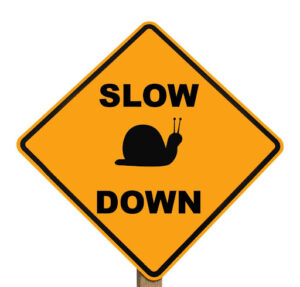When it was almost time for the Jewish Passover, Jesus went up to Jerusalem. In the temple courts he found people selling cattle, sheep and doves, and others sitting at tables exchanging money. So he made a whip out of cords, and drove all from the temple courts, both sheep and cattle; he scattered the coins of the money changers and overturned their tables. To those who sold doves he said, “Get these out of here! Stop turning my Father’s house into a market!” His disciples remembered that it is written: “Zeal for your house will consume me.”
The Jews then responded to him, “What sign can you show us to prove your authority to do all this?”
Jesus answered them, “Destroy this temple, and I will raise it again in three days.”They replied, “It has taken forty-six years to build this temple, and you are going to raise it in three days?” But the temple he had spoken of was his body. After he was raised from the dead, his disciples recalled what he had said. Then they believed the scripture and the words that Jesus had spoken.” John 2:13-22
A while back, I watched an interview with Francis Chan talking about his prayer life when growing up. He was raised as a boy by his grandmother in Hong Kong, and they had the same meal prayer every day, every meal. He figured he had said it tens of thousands of times by the time he graduated from high school. It became so habitual that he couldn’t comfortably eat without praying. In high school, back in the USA, he was afraid to have his friends see him praying, so, when eating lunch at school, he’d knock his spoon on the floor, and when he leaned over to pick it up, he’d quickly whisper his meal prayer. He couldn’t eat without doing it. It was a hollow, hollow prayer. Words without meaning.
“But go and learn what this means: ‘I desire mercy, not sacrifice.’ For I have not come to call the righteous, but sinners.” Matthew 9:13
The righteously intense anger Jesus demonstrated here (out of character for the man of peace), is an outgrowth of his point of view in the passage above.
Notice that the occasion referred to in this week’s scripture is not being called the Lord’s Passover. John labels it the “Jewish” Passover. It was intended to be a time of great reflection about God saving His people from the tyranny of Pharaoh. But it no longer was that. It was a Hebrew holiday. Makes me think of our President’s Day. No School. A day off. But little to no actual thought about our Presidents. We just tiptoed past Labor Day. What jumped out at me from that was mostly Labor Day Sales. Here, there, and everywhere. Not much else.
To make matters worse, a multitude of visitors were flooding Jerusalem, only to find that merchants were only allowing purchases with temple currency. The visitors were forced to exchange their money for temple bucks. Give up $5, get $1 in return. The temple area had become Scam City. What was intended to be a sacred interaction with God had become a worldly circus. Hence the “Den of Robbers”. It was more than Jesus could take.
So how do I grab this story and integrate it into my own life? (And I do mean me, Grandpa Bruce!) That is the Stop and Ponder in the title. Every opportunity I have to interact with my heavenly Father, I must slow down and make sure I am allowing it to be a personal meeting with God. Whether praying, reading God’s Word, or attending church, to name a few. I don’t do it just to be able to say I did. That would be Sacrifice. I make sure that my heart is involved. That is Mercy.
Jesus replied: “‘Love the Lord your God with all your heart and with all your soul and with all your mind.”” Matthew 22:37
All your heart. All your soul. All your mind. Every fiber of your being.
by Bruce Hanson 

